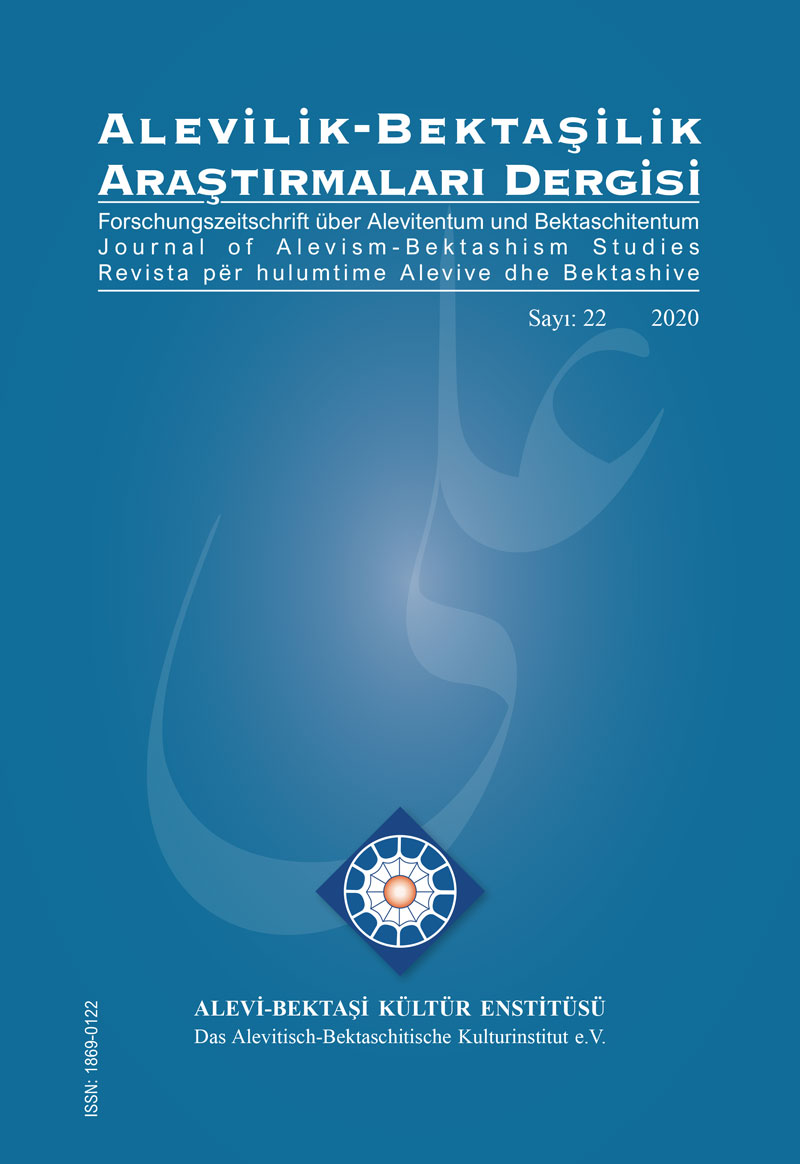Hatayi’s Nasihatname
DOI:
https://doi.org/10.24082/2020.abked.289Keywords:
Hatayi, Kizilbash, nasihatname, pendname, unity of being, dervishAbstract
In classical literature, moral-didactic works written in order to advise on a certain subject are called nasihatname or pendname. One of them is Nasihatname written by Hatayi. This work, which is frequently mentioned together with Hatayi’s Divan in the Sheikh Safi Buyruks/Commandments, in journals of poetry collected in Anatolia, and in the erkannames, that describe systems of orders, consists of the advices given to dervishes about the unity of being and Safavism (Kizilbash), and the topics like tehvid, prophethood, imamate, advice and prayer.
Hatayi, who wrote important works and blazed a trail in his period, is considered one of the seven great poets of this literary circle that leave its mark on Alevi-Bektashi literature. During his short life, Hatayi created a rich and versatile legacy although he spent most of his time on state matters. He wrote both epic and lyrical genres using both aruz and syllabic prosody, and enriched our literature with the memorable and exemplary works. His role in the history of literature and language is as important as the role he played in the history of Azerbaijan statism. As a ruler who established a state, he created unforgettable works as a poet and an artist together with giving a formal importance to the Turkish language. Nasihatname, one of these works, is a masnavi which treat Hatayi’s advices to dervishes.
Nasihatname, a didactic masnavi as its name suggests, is a poem in which Hatayi, who already uses poetry to spread his religious belief and ideology, gives advices and describes his love to Ehlibeyt, the erkan/rules and system of the Safavi order. This paper analyses the prosody, language, chapters, content and religious elements of Nasihatname in order to introduce it and contribute to the studies of Turkish literature. Ultimately, Nasihatname includes some information on important issues such as connection between Anatolia and Safavism, beliefs of Safavism, the structure and terminology of Safavism. Hatayi, who used the poetry for didactic purposes, changed form and content in masnavi as he did in ghazals.








